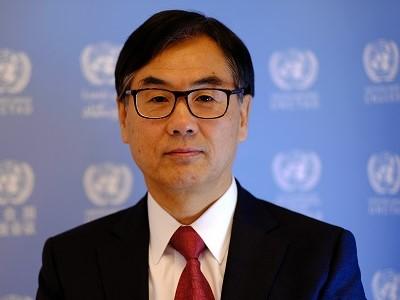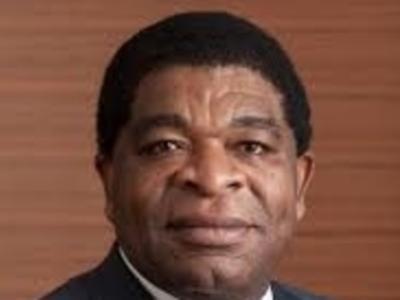Workshop for parliamentarians in the context of the 2018 World Investment Forum
How to finance the 2030 Agenda at the country level has emerged as a key issue since world leaders adopted the Sustainable Development Goals (SDGs) in September 2015. Governments’ abilities to mobilize, sequence and make effective use of a wide variety of both financing sources and financing instruments and strategies will be central to their ability to achieve the SDGs. The World Investment Report 2014 estimates the annual investment gap in key SDG sectors in developing countries at an average 2.5 trillion per year.
This implies the need to proactively mobilize finance from ready sources and implementing innovative mechanisms to pool public and private efforts; and blend domestic and international financing. On this front, national parliaments have a crucial role to play. They are responsible for creating a smooth, pro-SDG environment at the legislative level by identifying reform priorities and drafting new legislation, on matters such as public-private partnerships or investment incentives. They take part in formulating, approving, auditing and overseeing budget management. National lawmakers may initiate relevant steps to improve tax administration and public finance management or to combat illicit financial flows and tax avoidance as they overlook the performance of the government. The role of parliamentarians in building partnerships for development and its financing cannot be underestimated. They are also central to promoting and initiating public debate on the SDGs – not only within the parliamentary chamber both also outside, with business and civil society stakeholders.
Issues to be addressed
- What are the key financing means to achieve the SDGs?
- In what ways can parliaments ensure adequate resources for the SDGs at country level? What innovative approaches can be considered?
- How can the interaction between parliaments, policy makers and the private sector be improved to better deliver on sustainable development?
- How can parliamentary oversight be implemented to ensure evidence-informed budgeting and investment policies that are aligned with sustainable development objectives?
- How can exchange and interaction between parliaments of different countries be improved to promote policy coherence across borders and achieve synergy?
Session 1: Building leadership for the mobilization of public resources for the attainment of the SDGs
Domestic public resources are by far the largest source of SDGs finance available to most countries, they correspond for the most part to taxes that governments can raise to support social programs and infrastructure investments as defined through the budget process. This session will focus on how public resources can contribute to the effective attainment of the SDGs, and will review some of the most urgent steps parliaments can take to increase public revenue and strengthen fiscal policy consistent with the SDGs. It will also reflect on ways in which development aid can support these efforts in some countries.
Session 2: Emerging opportunities: Private sector engagement
Private sector investments are seen increasingly as pivotal to the achievement of the SDGs. This session will review some of the main trends surrounding private investments today, including from the banking sector and international development partners. It will also discuss ways in which parliaments can better inform government investment policy and act to ensure society-wide investment gains.
Session 3: Evidence-informed budgeting and the SDGs – examples of good practices
Each national SDG strategy needs to be rooted in country-specific needs and realities. To be effective, the financing of the strategy must be based on evidence-informed and results-based budgets. This session will give an opportunity to parliamentarians to discuss ways in which they can ensure that national SDG frameworks and budget are result-oriented and informed by evidence and the needs of the people. Special attention will be paid to budget oversight and how to ensure effective action from parliaments in this regard.


